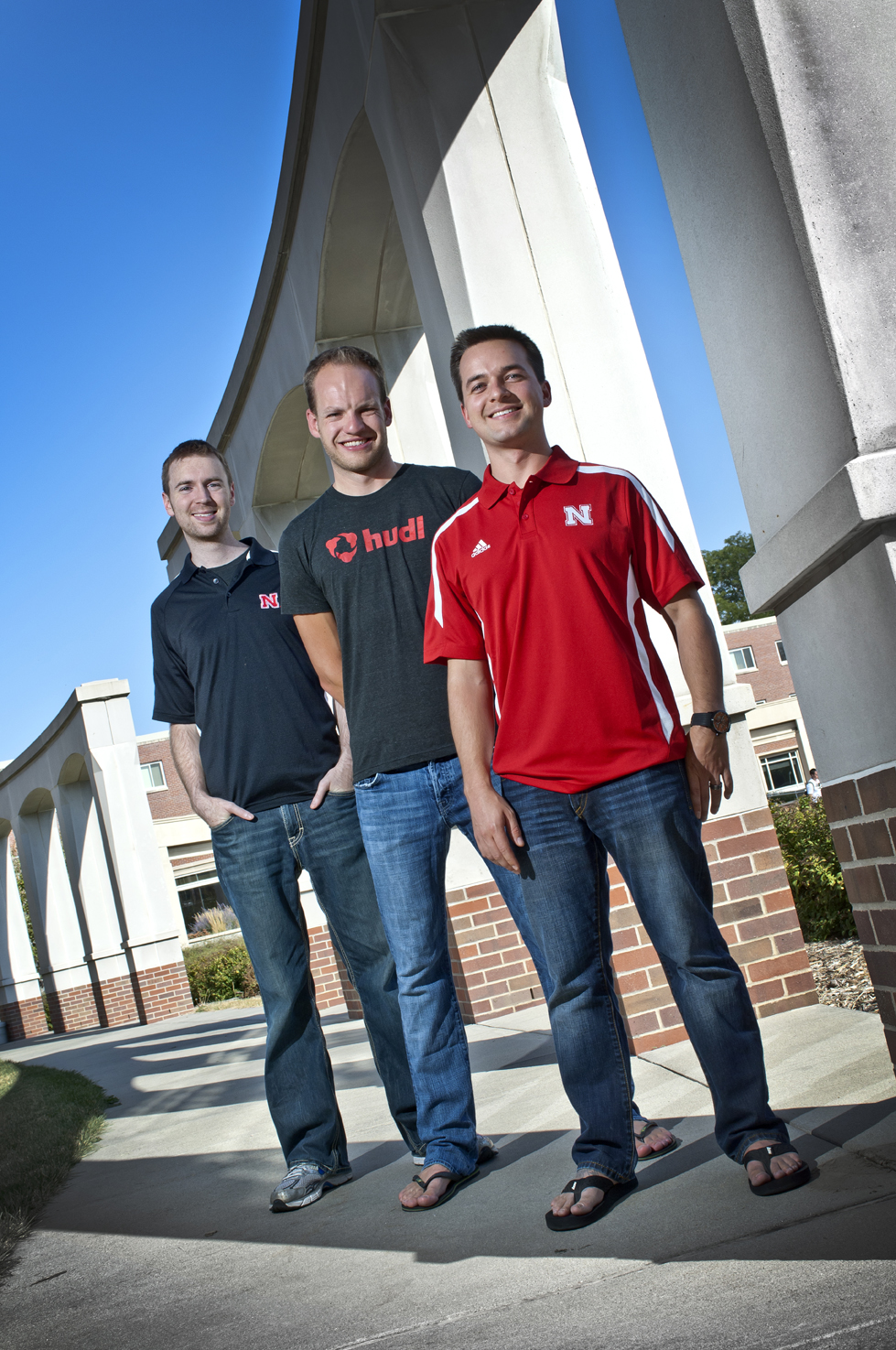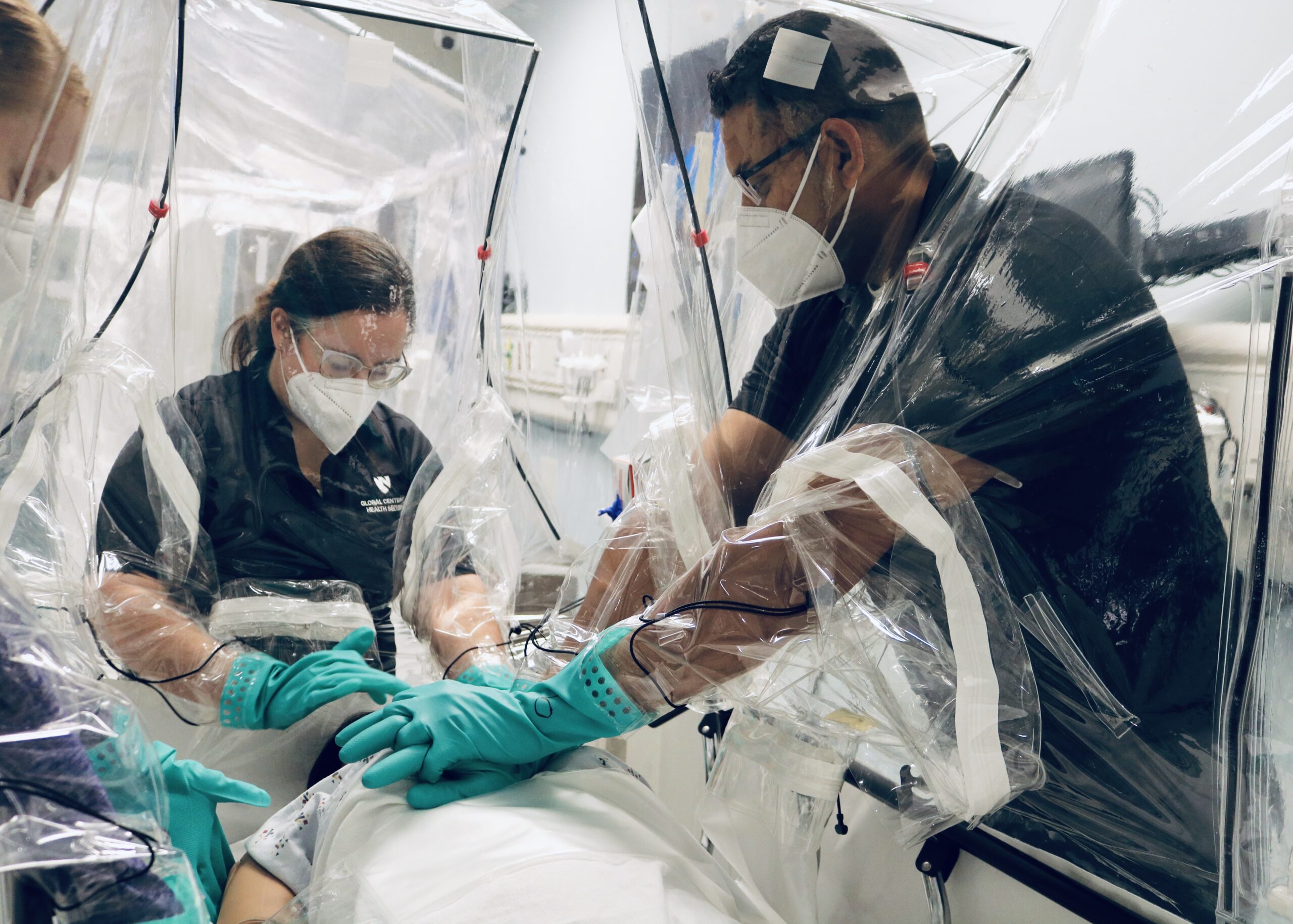 John Wirtz wanted to be a politician.
John Wirtz wanted to be a politician.
Growing up in a Kansas City bedroom community, he wanted to help solve people’s problems. He wanted to help the community. Bring people together because the whole is bigger than the parts, he says.
Just into his 30s, he isn’t a politician, but he’s still solving problems for thousands of coaches and players across the country.
It was another set of communities, The University of Nebraska-Lincoln’s Raikes School and the early days of the Haymarket startup community, 350 miles from home, that helped him find his way and solve problems.
You see, Wirtz and two friends, David Graff and Brian Kaiser, started a company right out of college.
In the eight years since, Hudl, a sports video management software company, has become amazingly popular.
As chief product officer, Wirtz helped build the software from what it was to what it is today.
Last week, Wirtz took the stage at Big Kansas City, the second-annual entrepreneurship conference put on by SPN. He talked about the importance of building companies over products and how that has such a profound impact on a community.
He also sat down to talk about the early days of Hudl, when the Haymarket startup scene wasn’t nearly as developed as today and how those early advisors and community members helped move Hudl forward.
***
John Wirtz felt out of his element in Lincoln, Neb., as an 18 year old.
“I literally knew zero people,” he recalls of his first days on UNL’s campus.
But it was the combination business and computer science school that drew him to Nebraska—the idea of a group of high-achieving individuals coming together to learn, build and interact all under one roof.
He remembers the passion and inspiration from the people who were talking about building products and companies despite not even being 20.
“Raikes brought in that raw material, business minds, tech minds, product people,” Wirtz said.
Among the first people he became close with was Kaiser, who would end up being his roommate for six straight years. Then there was Graff, a smart kid out of Omaha who was in their classes.
They bonded over the things colleges kids do: Super Smash Bros. late into the night followed by tacos and cheesy burritos from Amigos (affectionally called Schmigos by Wirtz and most Lincolnites).
And it was a few years later, at a round table in Selleck Dining Hall, that Wirtz remembers Graff, who interned at the athletic department, talking about the needs of Nebraska’s football team to improve their video and playbook systems.
“There was this big problem for football teams, and it was still the early days of Internet video,” he said. “And here was this great idea to fix it.”
So three college kids, who had some project work in college yet zero real-world experience, started Agile Sports, the precursor to Hudl.
Wirtz said it was both good and bad to start right out of college.
“We didn’t have any preconceived notion about how a business should work, so we had a clean slate and we we did things our way,” he said. “But at the same time, we hadn’t been around a sales organization or done customer support.”
They never had had to sell themselves before.
“That’s one thing I always tell students—get your hands on sales and try to sell something, get the crapped kicked out of you and learn from it. We didn’t have to do that until a year into the company.”
***
Enter, mentors.
The very first office Hudl worked out of was tiny—and cheap. Just a hundred bucks for a large closet-sized space, utilities and everything.
But the value, you couldn’t pay for, Wirtz said.
Matthew Wegener, an early member of Lincoln’s startup community who started iSoft Data and later went on to start Turbine Flats, rented out that first office to Hudl.
“We were the clueless upstart in the corner, but there were these great companies like iSoft Data and Allied Strategy… there was an energy in the building and conversations,” Wirtz said. “Early on in a company you can’t hole yourself up and figure it out. It’s incredible hard and incredibly exhausting and you need those random collisions with people who are struggling through the same problems. You need to commiserate with those people who are getting the crap kicked out of them, too.
“You need collisions with people who are a little ways ahead of you. Matthew and Colby Thomson of Allied Strategy were a little ahead of us and they were great mentors.”
They also got help from NU regent Jim McClurg, who guided them from day one. Wirtz said McClurg had been so impactful that he swears his advice and mentoring doubled the company’s maturity in a short time.
In 2007, the group moved a few blocks to the Haymarket, which is now the bustling epicenter of entrepreneurial activity in Lincoln.
There they matured, growing from three co-founders to a dozen employees to a hundred and more.
That’s where they decided to branch out into the large market of high school football, getting more than 20,000 schools on board in a few short years.
That’s where they built a sales team and began to scale.
That’s where they acquired their first company.
But before all that, it was quiet, Wirtz remembers. Young professionals weren’t around unless they were grabbing a bite at Lazlo’s. But he could tell it was about to take off.
***
Today, you can see that the Haymarket has taken off.
Wirtz says he’s unsure if Hudl helped catalyze the growth of startups, particularly sports startups like opendorse, EliteForm, Fanstreamm, InjuReplay and more, but he hopes it has.
He wants to see those companies grow into the next Hudl, Dwolla or MindMixer.
And while there was no secret sauce to Hudl’s growth, he says part of growing is getting a community to focus on building companies, not products, which was the central theme of his Big KC talk.
“If we want more of those, and the Garmins and the Cerners, people need to think about building companies early on and getting the right people on board and giving them the resources to push themselves.”
Another part of it is awareness, Wirtz says. Early on, Hudl gained attention from not only the local blogs and newspapers, but also The New York Times, which has since written many stories on Hudl.
“There are things coming up behind us, but it’s hard for people to see them and know about them unless their stories are told,” he said. “If people don’t see it, they assume you aren’t there.”
And that’s part of why Hudl has had continued success. The product’s in front of thousands of high schoolers, coaches, parents and recruiters.
They’ve continued to dominate high school sports, are growing into other areas like soccer and individual sports like golf and are pushing into foreign markets with the recent acquisition of Ubersense, a Boston-based startup that focuses on micro things like a quarterback’s throwing motion.
That global expansion and attention to detail is what has Wirtz excited and nervous.
“Growing globally is such a big challenge. How do you localize a product, build a global sales team and have 24/7 support team around the world? I’m also excited that Ubersense is a mobile-first product where Hudl has traditionally been a desktop platform.”
But with new markets, Hudl goes all in. Big swings, big misses.
“We think about it every day. Nothing is guaranteed. We have to earn business every year from American football to golf. Every single team we lose, we take it seriously.”
So why do users and community members love Hudl so much it seems almost cultish?
“We made a great team and that passion shows through,” Wirtz said. “Cool businesses doing cool things in tech but, we’ve tried to be really transparent and hopeful we give that honest voice when we talk,” Wirtz said. “I compare it to why you like a particular sports team… it’s because there’s an authentic connection.
“You know those players on that team and understand what they’re about. Same goes for a company.”
Credits: Photo courtesy the University of Nebraska–Lincoln.




